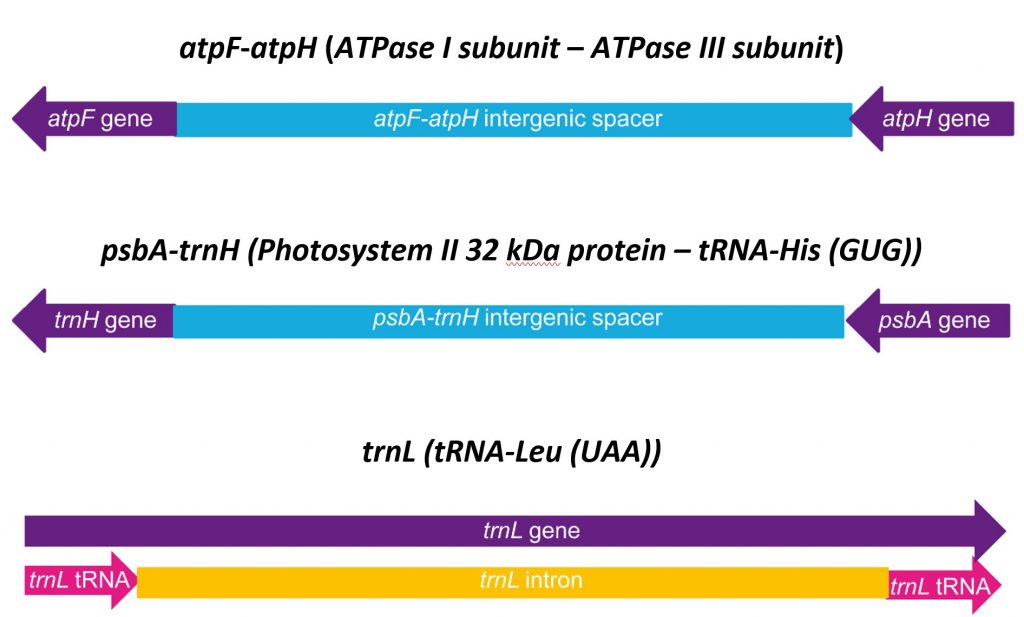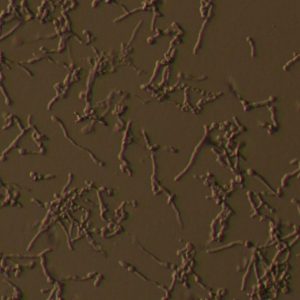PlantID Kit
PLANTID KIT
The IDENTIFICA PLANTID Kit allows the PCR amplification of four chloroplast DNA (cpDNA) regions for the identification of plants. The conserved PCR primers were optimized for the identification of the most common plant families: Asteraceae, Brassicaceae, Iridaceae, Orchidaceae, Poaceae, Rosaceae and Salicaceae. The families can be identified by PCR and the species by the sequencing of amplified products.
Specifications |
|
| Components | Primer set A (10X) Primer set B (10X) Primer set C (10X) Primer set D (10X) Control DNA (Plant DNA) IDENTIFICA DNA Polymerase Master Mix (2X) Nuclease-free water Sequencing primer A (10 µM) Sequencing primer B (10 µM) Sequencing primer C (10 µM) Sequencing primer D (10 µM) |
| Product Size | 25 reactions (K005AP) 50 reactions (K005BP) |
| Technique | Conventional PCR and electrophoresis |
| Sample Type | DNA |
PlantID Kit at a glance
The high genetic diversity of plants can be a problem when developing molecular methods that require conserved DNA sequences among species. It has been shown that ‘universal’ PCR primers can be successfully employed in the detection of plant DNA from broad taxonomic groups.
The IDENTIFICA PlantID Kit overcomes these limitations by allowing the PCR amplification of three chloroplast DNA (cpDNA) regions using previously tested ‘universal’ PCR primers.

The ‘universal’ PCR primers were optimized for the identification of the most common plant families:
Asteraceae, Brassicaceae, Iridaceae, Orchidaceae, Poaceae, Rosaceae and Salicaceae
Due to their location in highly conserved regions. it is likely that other plant families would be also amplified with the PlantID primers.
The families can be identified by PCR and the species by the sequencing of amplified products.
The targeting of the high copy number cpDNA and the short length of some of the regions (e.g., trnL GH) facilitates the analysis of samples with low quality/quantity DNA, such as:
Environmental samples, processed food products, animal gut contents, scats, forensic samples, etc.
The conserved genomic regions and PCR primers can be used in diverse areas of plant research, including DNA barcoding, molecular ecology, metagenomics or phylogeny.
RELATED PUBLICATION
Santos C, Pereira F.
Design and evaluation of PCR primers for amplification of four chloroplast DNA regions in plants
Conservation Genetics Resources. 2017. 9(1), 9-12. DOI: 10.1007/s12686-016-0605-0





